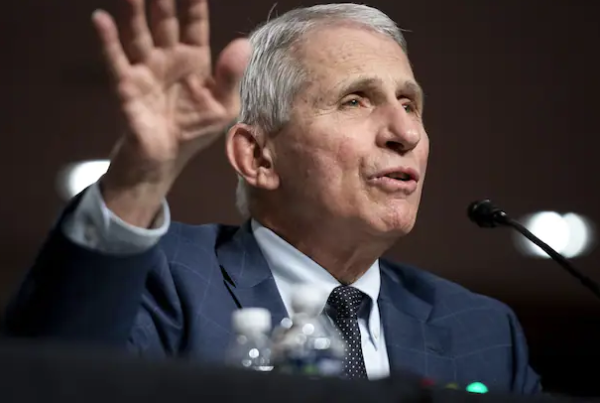Secretary of Health and Human Services Azar has recommended that states expand eligibility to all adults aged 65 and older as well as adults under the age of 65 with underlying health conditions that could put them at risk for severe COVID-19 disease or death. As part of this recommendation, the federal government will allocate doses to states based on their respective populations aged 65 and older. Secretary Azar argued that some states’ strict adherence to limited initial priority groups has slowed vaccinations and that the new policy would speed progress. The sudden policy shift, with little warning and little financial or operational support for state and local officials responsible for implementing mass vaccination campaigns, has raised concerns among some experts. States are already conducting vaccination operations using their own priority groups—with substantial variation from state to state—some of which have caused confusion among the public regarding who is eligible or how to get vaccinated. Notably, this bulk expansion could include approximately 150 million adults nationwide, nearly half of the entire US population, all at once. Current production estimates project that the US could have 200 million doses available by the end of March; however, this is only enough to provide 2 doses for 100 million people, well short of the eligible population. We tend to focus on the somewhat devastating impact of the coronavirus on the health system, but the social and economic disruption that the virus is causing will be felt for many years to come.



